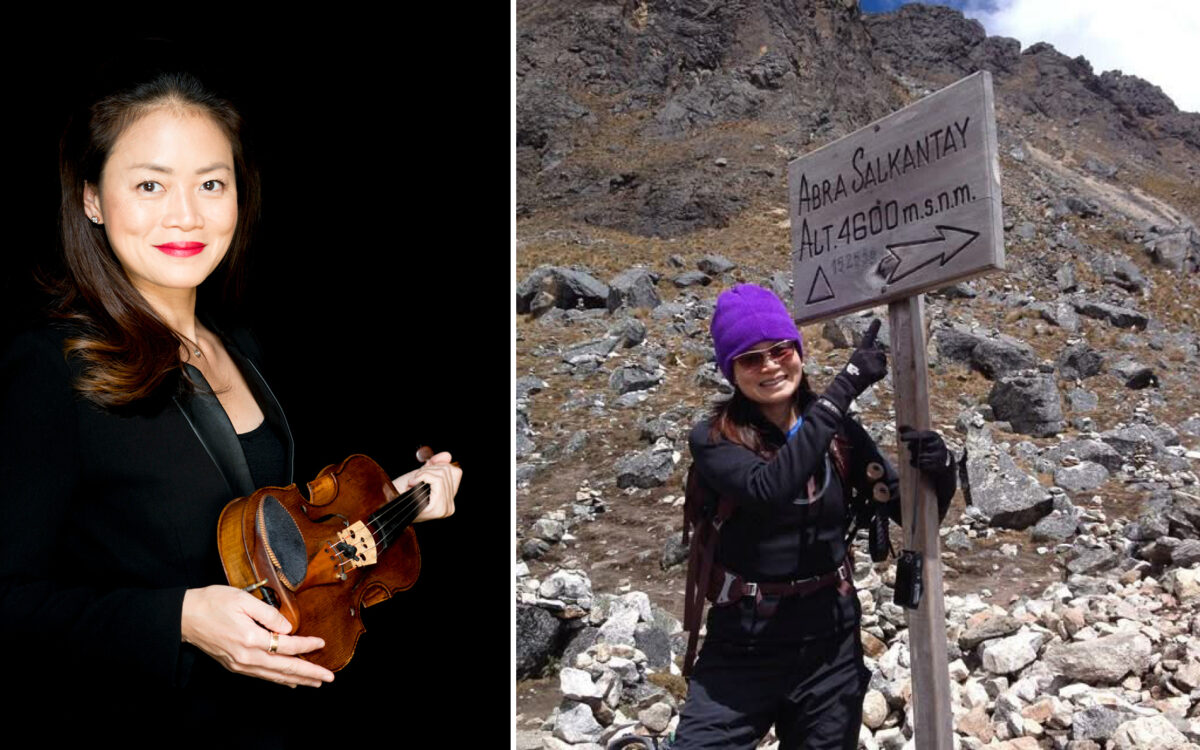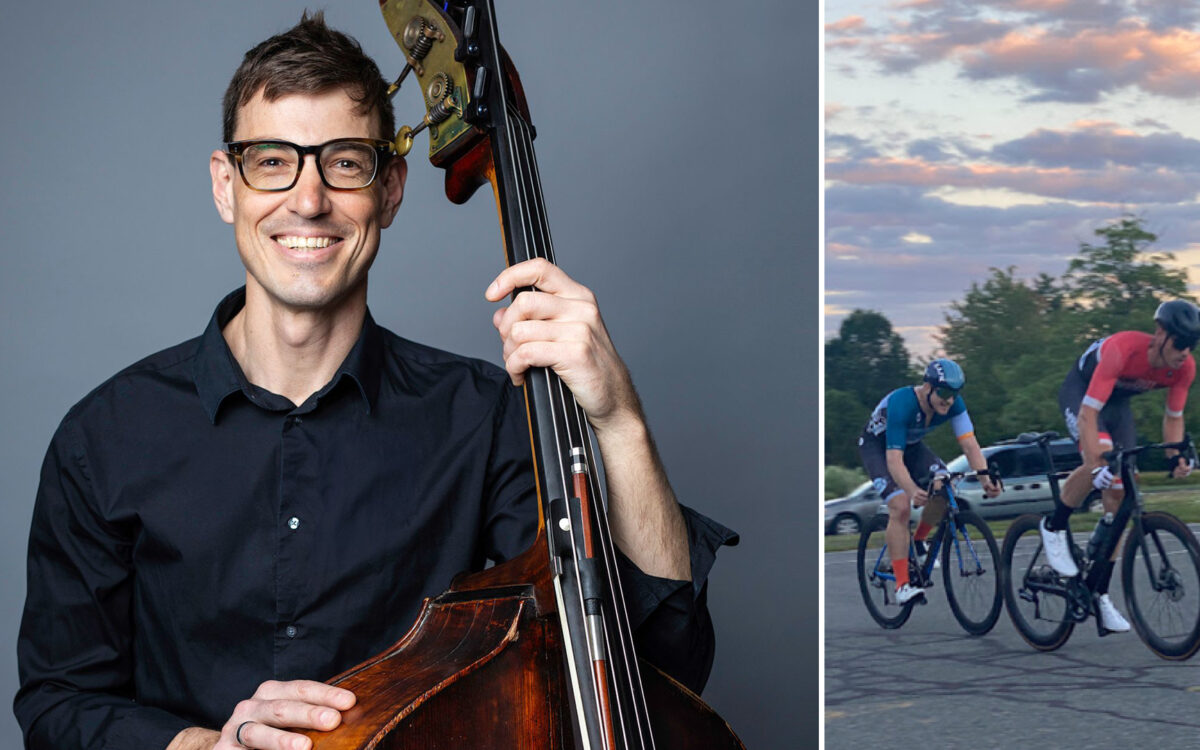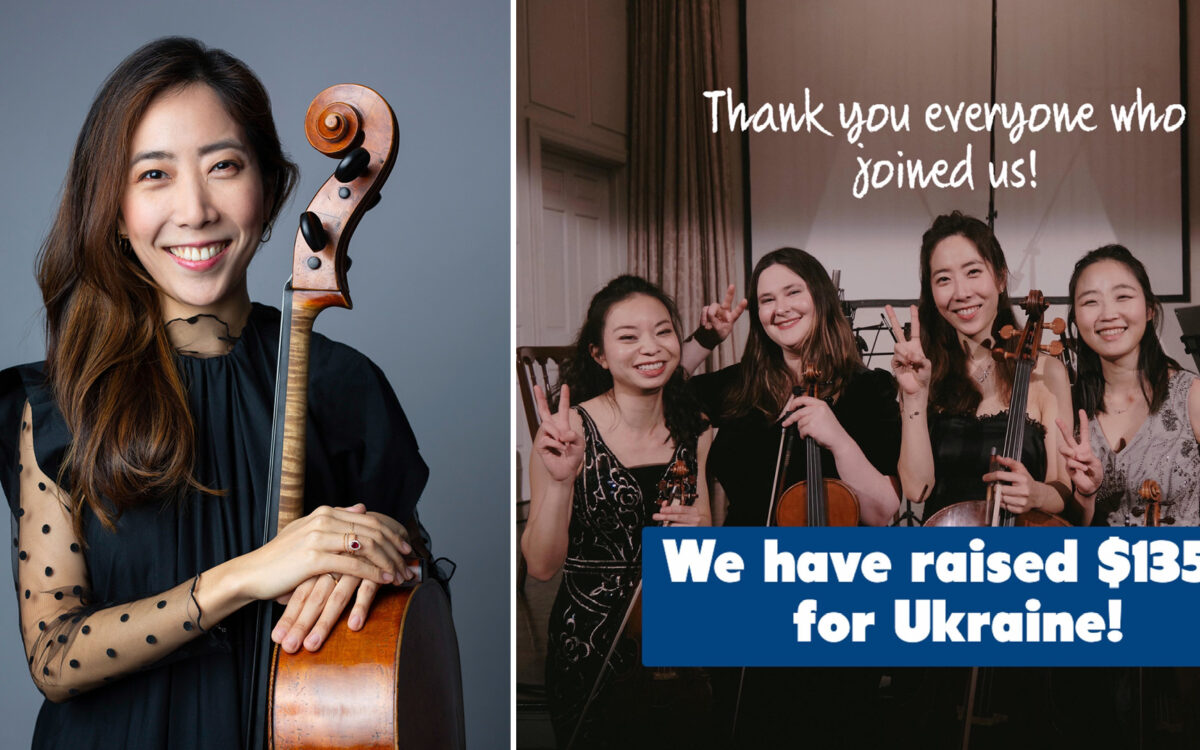From Symphony Hall to Ultra-Marathons: Mark Ludwig’s Journey of Music, Memory, and Endurance
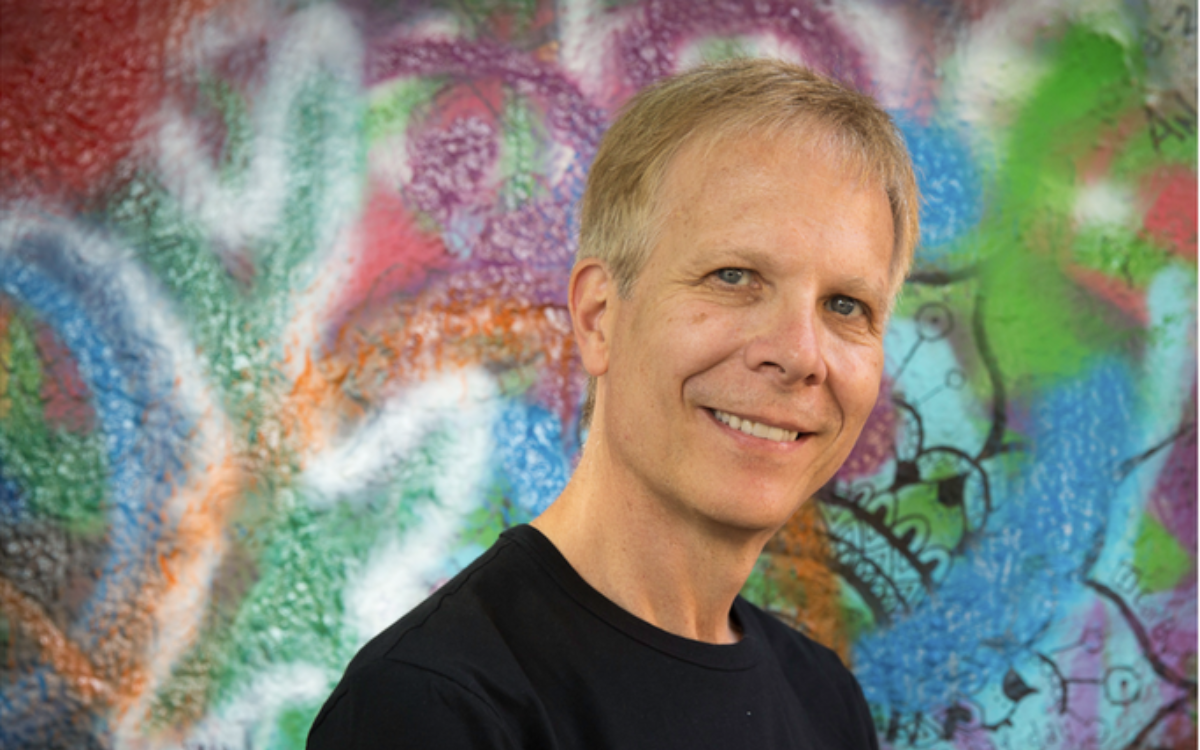
Ludwig founded the Terezín Music Foundation in 1988 with the goal of preserving and performing music that was created by the inmates in the Terezín concentration camp inside Theresienstadt. In its 36 years, it has won a National Endowment for the Arts grant, been profiled in the Boston Globe, PBS Newshour, NPR, and Smithsonian Magazine, and collaborated with the BSO, including in 1991 when Seiji Ozawa conducted Study for String Orchestra by the composer Pavel Haas, who was in Terezín, and then transported to Auschwitz where he was murdered in 1944. A Fulbright scholar, Ludwig has authored two books, “Our Will To Live” (Steidl Verlag) and “Liberation” (Beacon Press), and travels extensively as a guest lecturer.
Since retiring from the BSO, Ludwig continues to serve as executive director of the Terezín Music Foundation and is now returning to the Tanglewood Learning Institute for a second summer in a row to share music and philosophy of the foundation with Tanglewood audiences.
We discussed his inspiration to preserve the art created in such a fraught place, his predilection for running ultra-marathons all over the world, and his unique pizza preferences.
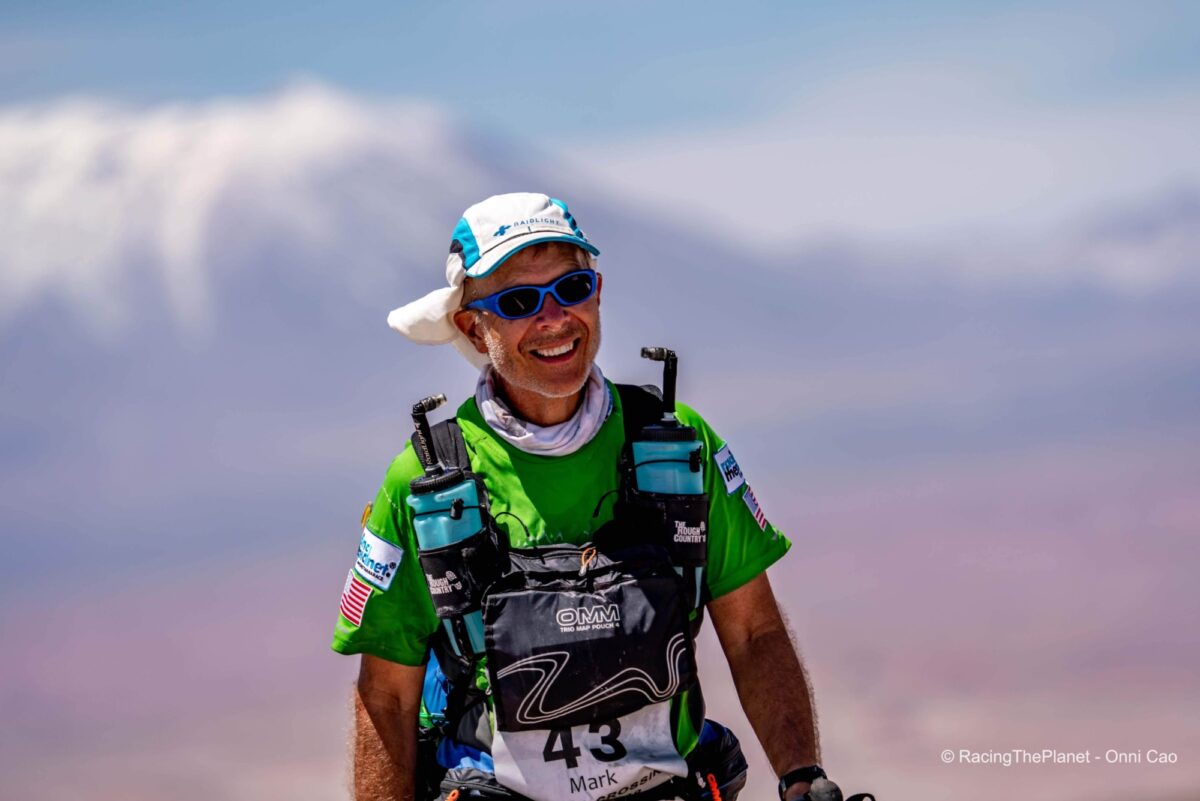
When did music come into your life?
I came from a musical family. My father was a violinist in the Philadelphia Orchestra, Jules Eskin [the former BSO principal cellist] was my cousin. I was an orchestra brat. Being immersed in a household of music, I remember growing up and playing music in the house all the time. Not just practicing but you’re getting together with family and friends and playing chamber music.
So that was an environment where I felt a really close kinship to the Philadelphia Orchestra and the Boston Symphony Orchestra. Even in the summer I can remember having nights of chamber music with my father, Jules, [former BSO concertmaster] Joey Silverstein, [former BSO violist] Burton Fine…
I started out on violin and then went to viola. It was just a natural organic progression. When you think about chamber music opportunities, and the great composers who played viola, you’re right there in midst of the engine room of harmonies.
You started the Terezín Music Foundation when you were also working full-time as a BSO musician. Why did you start it?
It was really juggling a lot, I have to say. When I first got in the orchestra, in I think the first two years I started a chamber music series out in the Berkshires. And then when I read a biography of a rabbi who was incarcerated in Terezín and saw him noting that there were composers in the camp, and that art and music was created in the camp, it caught my attention on several levels.
One, here was a body of music I was not aware of, nor were my colleagues. What would be the quality of the music that survived? Two, the issues of social consciousness and issues of tolerance and censorship that it raises. Never not relevant! I was drawn in.
It was 1988, and in an effort to not only preserve but champion this music and the lessons that could be learned from it, I founded the Terezín Music Foundation. This has led to me not only performing and recording this body of music with the Hawthorne String Quartet, but also developing educational programs and getting a National Endowment for the Arts grant.
It continued to expand year after year. And then in 2015, of all things, I was in a car accident, which ended my playing career. So, one door closed, another one opened. The closing of the door was that I was no longer being able to perform music, but then I had access to something that's another great passion of mine, which is this music and this connection with social consciousness and social issues.
What’s the nature of your presentation with the Terezín Music Foundation this year?
We’re returning to the Tanglewood Learning Institute for a second year to explore something that's intrigued me for at least a couple decades, which is the role of trauma and memory and possible transcendence in music. Music has that unique, special alchemy. These will be works that are going to be quite unusual and quite different, probably very new to many of the people coming.
What we have coming up in August is a two-part series. The umbrella title is “Trauma, Memory, and Transcendence.” Part one is “Do Not Forget Me,” and part two is “A Search for Meaning.” It’s about the transcendence and looking at the role of memory. Our memories—what a rich field to mine. And then in the context of trauma or hardship, what does that do? Where is it connected with memory? How is it channeled in the creative process? From the creative process there are moments where we get to the transcendent.
I love that at Tanglewood I can not only discuss and explore the issues with our audiences, but we can have the component of live performance that is further enriching. The summer season in Tanglewood, it's an embarrassment of riches. It's almost an ultra-marathon of culture, and you got to pace yourself, right?
If you hadn’t gone into music, what do you think you would have ended up doing?
That’s a good question. It’s in that genre of questions like “if you were on a desert island what are the 10 things you take with you? My answer back to you would be what are your passions?
Music is the great passion. I love cooking. Totally love cooking. I went to Pennsylvania Academy of Fine Arts for painting, so I love painting. And, this wouldn’t be a career, but as a passion, I love ultra-marathons.
Whatever it is, I think the common denominator is connecting with people.
Ultra-marathoning is incredibly intense. How long have you been doing it?
We’re talking in the last six years or so. And it really goes in the category of “you don’t know where your life could channel you.” As an artist you have to be disciplined, and then suddenly you’re not performing, so where do you channel that?
This is one avenue I have, my work with the foundation is another. But the training is physical and mental. If you can imagine—you’re doing a marathon each day, six days in a row, and you’ve got to self-sustain.
Less than two months ago [in May 2024] I was in the Namibian desert, and the temperatures the last two days I was the temperature reached 142 degrees. In that extreme situation, the camaraderie, the bonds that are established from people all over the world goes beyond the races.
I’ve been in the Chilean desert twice. I’ve been in Monfolia, Armenia, Georgie, and I’m going to Jordan this September. And these parts of the world, they’re remote but—talk about transcendent. You look out at the desert goes on for miles and miles and there’s these beautiful undulating dunes, what a blessing.
And then I also have an 8-year-old son who takes a lot of energy too!
What are your favorite dishes to cook?
I like Bolognese. It’s a Marcella Hazan recipe and takes hours. I have a couple of real dear friends whom I love to cook with. I love Italian cooking, I also do Thai and Mexican, but there’s something about Italian cuisine, and there’s something about shopping for produce. I feel a lot of crossover with cooking and music. The ingredients, the recipe, the mix, it’s like chamber music. The culinary is the chamber music of food.
Lightning round!
What’s your favorite place to grab food in Boston?
You know what the problem is? I cook a lot.
How about out in the Berkshires?
In Great Barrington I would go to Bizen. And then there was Toscanos up in Pittsfield. Also, my friends’ houses. I bop in and out of Tanglewood and when I got to the Berkshires throughout the year—because I have a lot of dear friends there—I’m always at their homes and eating, and we always bring great wine.
What’s your coffee or tea order?
Americano, except when I’m in Rome, then it’s espresso.
What is your favorite pizza topping?
I’m going to go different: peaches. That’s what my son would say, because I make our pizzas, and with the peaches I put my homemade barbeque sauce on top. So, if they’re in season, peaches.
Maya Shwayder is the BSO’s Senior Contributing Editor and Copywriter.

